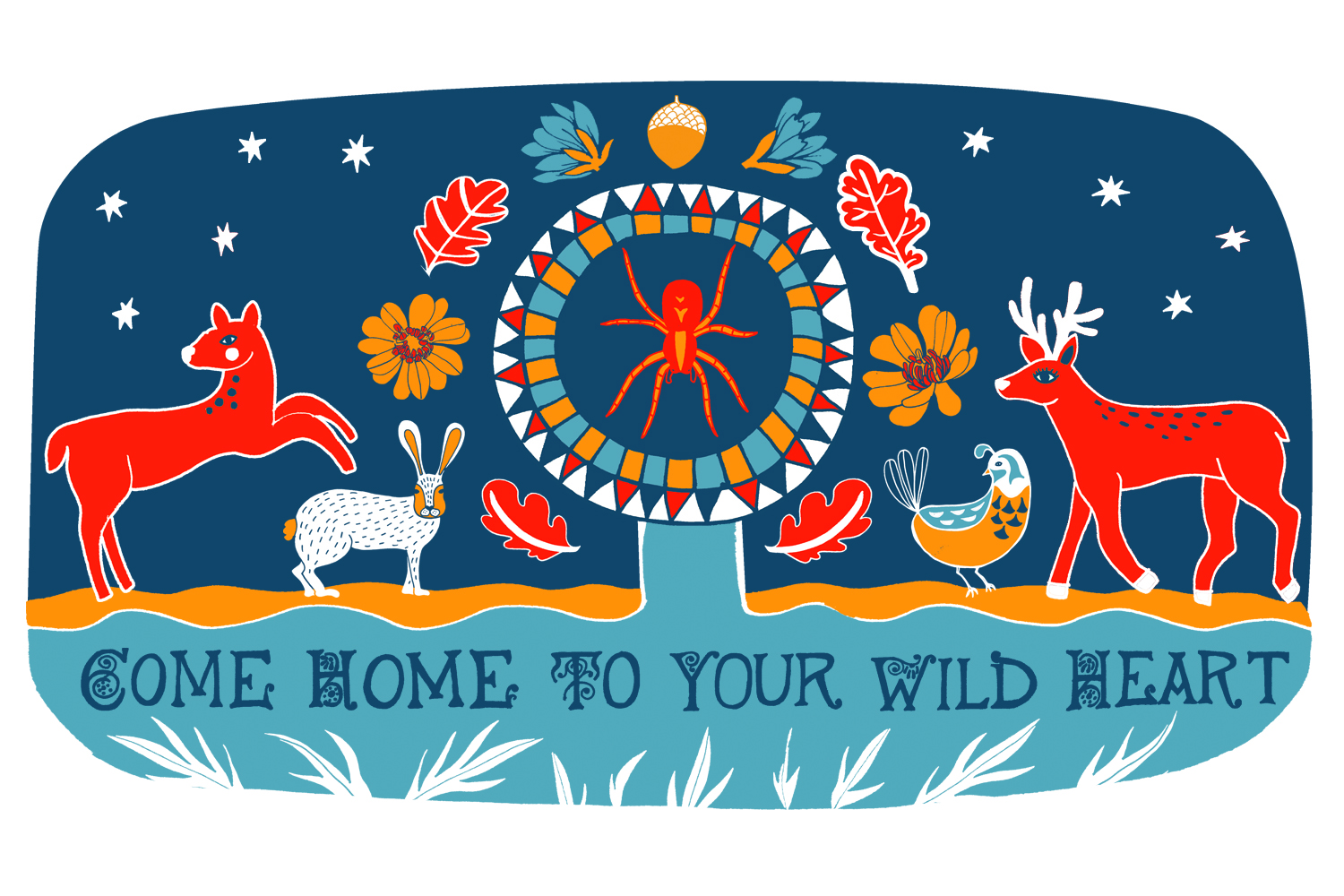What is Ecopsychology?
“I have raised the question, “When the Earth hurts, who responds?” The answer is, I believe, that each of us now experiences in some way - physically, psychologically, economically or politically - the pain of the Earth. ”
Much of what you will find when you search for an Ecopsychology therapist, is someone who looks a lot more like a wilderness vision quest leader and much less like a "welcome to my office and here is my couch" kind of therapist. I strive to strike a balance somewhere in between.
First and foremost, Ecopsychology does not separate the human animal from its natural habitat (your natural habitat includes, but is much more than, your house). Ecopsychology views you as intrinsically connected to the anima mundi of the Earth - otherwise known as the intelligence of the land or the world's soul. How connected or disconnected you are has a significant impact on your mental health. This idea is based in the fact that we are homo sapiens - animals that have spent thousands of years in evolution with, as Paul Shepherd says, "that strange and significant other"...the flora and fauna who have cast their lot in with our own.
All psychology places the client within a context of influences - the parents, the wider family, the community, society, race (and the impact of racism), and culture. Ecopsychology adds in one more, what I believe may be the greatest influence of all - that of the human animal in relationship to nature. Never before in all of human history, have people lived lives so severed from the natural world, nor has the environment ever been as degraded as it is now. As Theodore Roszak writes in The Voice of the Earth,
"The environmental crisis has become the news of the day everyday. ...The environmental predicament is a great deal more than this - more personal, more threatening, more radical. It may well be that more and more of what people bring before doctors and therapists for treatment - agonies of body and spirit - are symptoms of the biospheric emergency registering at the most intimate level of life. The Earth hurts, and we hurt with it."
Many of the issues that bring my clients into therapy are not specific to our ecological crisis. Self-esteem, life transitions, grief, childhood wounding, relationship troubles, spiritual crisis - much of the time we never wander into the terrain of climate change, air quality or the fate of the Great Barrier Reef. Yet, as an Ecopsychologist, I see my clients as living in unprecedented times, one that requires a new holistic vision for mental health.
If a client experiences depression, fear, anxiety or despair given the state of the world, my perspective is that this is an appropriate reaction, not something to be pathologized. When my clients spend quiet time in nature, their experience often includes a surprising twofold response - simultaneously they find themselves resting in a sense of belonging and connection, which then gives way to grief or sorrow about the destruction we as a species have wrecked upon the land. Being concerned, upset, angry, confused, sad or frightened is a healthy, normal reaction to an unhealthy situation.
Humans are adaptable, and my job is to help my clients reach, or return to, a place of balance, where they are able to have a full spectrum of experience and still find resilience and stability at the end of the day. This can look like traditional talk therapy, utilizing tools like mindfulness, somatic awareness, Gestalt techniques, bringing "the outside in" with natural elements in the office and a trusting therapeutic relationship. The best part is when we can extend that trusting relationship out into the world by fostering nature connection. Taking our sessions outside reminds our aching hearts that we are not separate, that returning to sanity can be found in watching a starling arriving to the nest with a mouthful of worms, the spider waiting patiently for the meal she knows will arrive sooner or later, or in the voice of the neighborhood creek. We are immediately soothed by the simple yet profound realization that we belong to this Earth, and are welcomed home.
“There is one place in all the universe that has been made especially for you and that is inside your own feet. ”
Further recommended reading:
The Voice of the Earth - Theodore Roszak
Radical Ecopsychology - Andy Fisher
Ecopsychology: Restoring the earth, healing the mind - Roszak, Gomes and Kanner
Ecotherapy: Healing with nature in mind - Buzzell and Chalquist
A Language Older Than Words - Derrick Jensen

